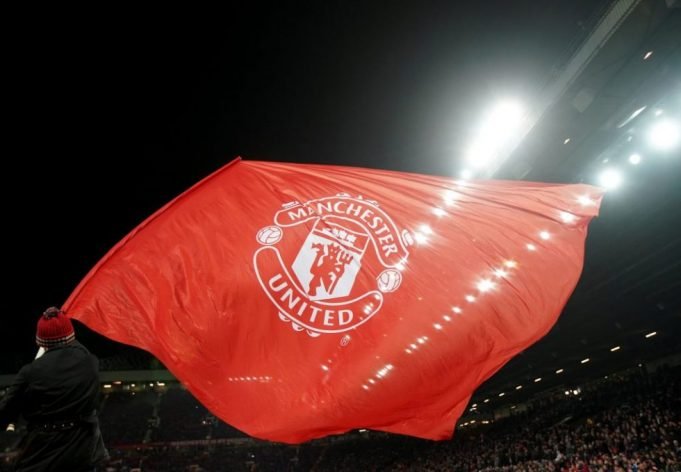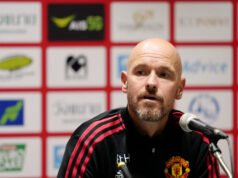Manchester United fans were ready to rub their hands together as it seemed that Jadon Sancho is on his way to Old Trafford.
The analysis of football experts in the offseason stressed that exactly the Dortmund player might be the missing link to help the ‘Red Devils‘ challenge for the title next season, same as was the impact of the arrival of Bruno Fernandes in January.
However, the German club went the road from setting an astronomic price to not letting Sancho leave the club at any price. Of course, the euphoria among the majority of United fans has vanished now but does the club need a different approach in the title battle than just making expensive signings (not that they aren’t necessary)?
Why Manchester United are given the characteristics of a chameleon?
Like a chameleon, Manchester United were able to adapt to many changes that Premier League underwent since its beginning in 1992. One of the biggest changes was the way to reach the title, which can be split into two periods – prior to the mid-2000s and after the mid-2000s.
It can be summarized in one conclusion: a fast start to the season is crucial to winning the title. The study stresses that already after the first 10 games of the 2020/21 season, we’ll have a hint regarding the name of the club that will lift the Premier League trophy.
In one interview in 2012, United’s one and only Alex Ferguson identified the precise moment that changed things at the top of the Premier League. “If you go back 12 years, our norm was to start the season slowly and build up to the second half,” the Scottish coach said. “That changed when Chelsea won the title two years in a row (e.g. 2004/05 and 2005/06). We had to change our pre-season approach.”
The visionary as he has always been, Ferguson was right. He was able to spot such trends and repurpose his squad accordingly. That was the key reason why the ‘Red Devils’ restored their title-winning force status during the second half of the 2000s with three titles in a row between 2007 and 2009. Until 2003, Ferguson had a different approach to preparing his team, also according to the trend – not displaying that much muscles at the beginning of the season and saving energy for the photo finish.
How Manchester United fits into the statistics
Numbers speak for themselves: in the first 11 seasons of the Premier League (1992 – 2003), the champions-to-be topped the league after 10 games just on three occasions – Manchester United in 1993/94 and 2000/01, and Arsenal in 1997/98. During that period, United won the title eight times, coming from behind to overtake the leaders in 75 % of them. The average points tally of end-champions after 10 rounds between 1992 and 2003 was a tick over 20. After that, it was 24.
And as Ferguson stated, Chelsea introduced the new pattern of furious start to the season and also the necessity of holding the spot closest to the top spot during that period. The average league position of champions after 10 matches has moved from 2.5 in the period between 1992 to 2003, to 2 at that same stage of the campaign afterwards.
Actually, no teams other than Manchester United, Chelsea, Arsenal, Manchester City, and Liverpool led at the 10-game mark since 2003. Combined, the ‘Top Six’ achieved 14 tallies of 25+ points after 10 games compared to just three beforehand.
Between 2001/02 – when the Premier League’s top four qualified for the Champions League for the first time – and 2009/10, the race for the Champions League followed a similar pattern. Neither of the ‘Big Six’ members have been fourth after 10 games and have finished any lower than sixth place in the Premier League table. Between 2001 and 2010, teams that aimed to finish fourth had an average points tally of 18.1 after 10 games. That tally rose to 19.1 for the period between 2010 and 2020.
One signing such as Sancho’s could make a new team out of United but a fast start to the season can make even more significant benefits.
READ MORE: Top 5 Manchester United Transfer Targets Summer 2020










